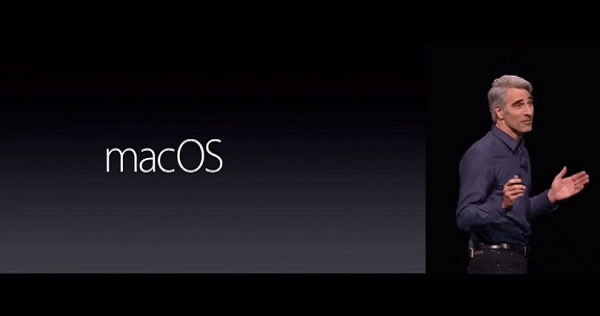
In an otherwise forgettable last ten business days for the tech consortium and with Cyber Monday and Black Friday clearly in the rear view mirror of the rusted and cream colored Citation putting, along the information super highway at 50 miles an hour, the last thing needed was another controversy.
And “poof”, as swift of a street magician in a Starbucks attempting to reach some sort of buoyancy in life by sporting an argyle sweater and sipping a hot chocolate, the latest cyber blunder thankfully did not involve the shenanigans of CNN reporters invited to the White House Christmas party, denying the hospitality of the administration and instead embarking on a warm and fuzzy pilgrimage to Mecca, in seeking warm hugs and safe spaces within the vast arid lands of Saudi Arabia. Unfortunately for Apple, things recently got real, which of course was the antithesis of the peace and joy sentiment of Holiday greetings for customers.
As with all complex processes of engineering, sometimes the simplest detail is left unattended, which can lead to disaster, and the BBC gratefully shares with readers, that a blatant security flaw exists at the front door of the latest version of the Mac operating system, and the company is working feverishly to correct the now viral issue. Apparently users or anyone who has access to the device, do not require a password to gain immediate administrative privileges on the machine. If that point alone does stir thoughts of the HB-1 visa debate, the bug was discovered by a software developer in Turkey, who then proceeded to share the issue publicly. Adding insult to injury, the member of the informal cyber policing community, did not divulge the startling findings to the company before alerting the global criminal element in resounding fashion that the latest generation of Apple machines are actually worth stealing. The company now faces the enormous and costly task of quickly developing a security patch to correct the glaring and unacceptable oversight.
Apple now joins Uber and the largest social network on the planet, as corporations who have reached the forefront of the news cycle at the height of the shopping season for dubious reasons. The company has not yet established a public record of whether there was prior knowledge to blemish before the aforementioned consumer released his findings. As with the street musician, there is little doubt that a trip to Starbucks will only provide temporary solace, in a situation that requires major changes.
Thankfully, iPhone users are not effected by the presence of the glitch. The following is a list of Apple products which may be vulnerable-
iMac: (late 2009 or newer)
MacBook/MacBook (Retina): (late 2009 or newer)
MacBook Pro: (mid-2010 or newer)
MacBook Air: (late 2010 or newer)
Mac Mini: (mid-2010 or newer)
Mac Pro: (mid-2010 or newer)
iMac Pro (2017)
Read the BBC article here.